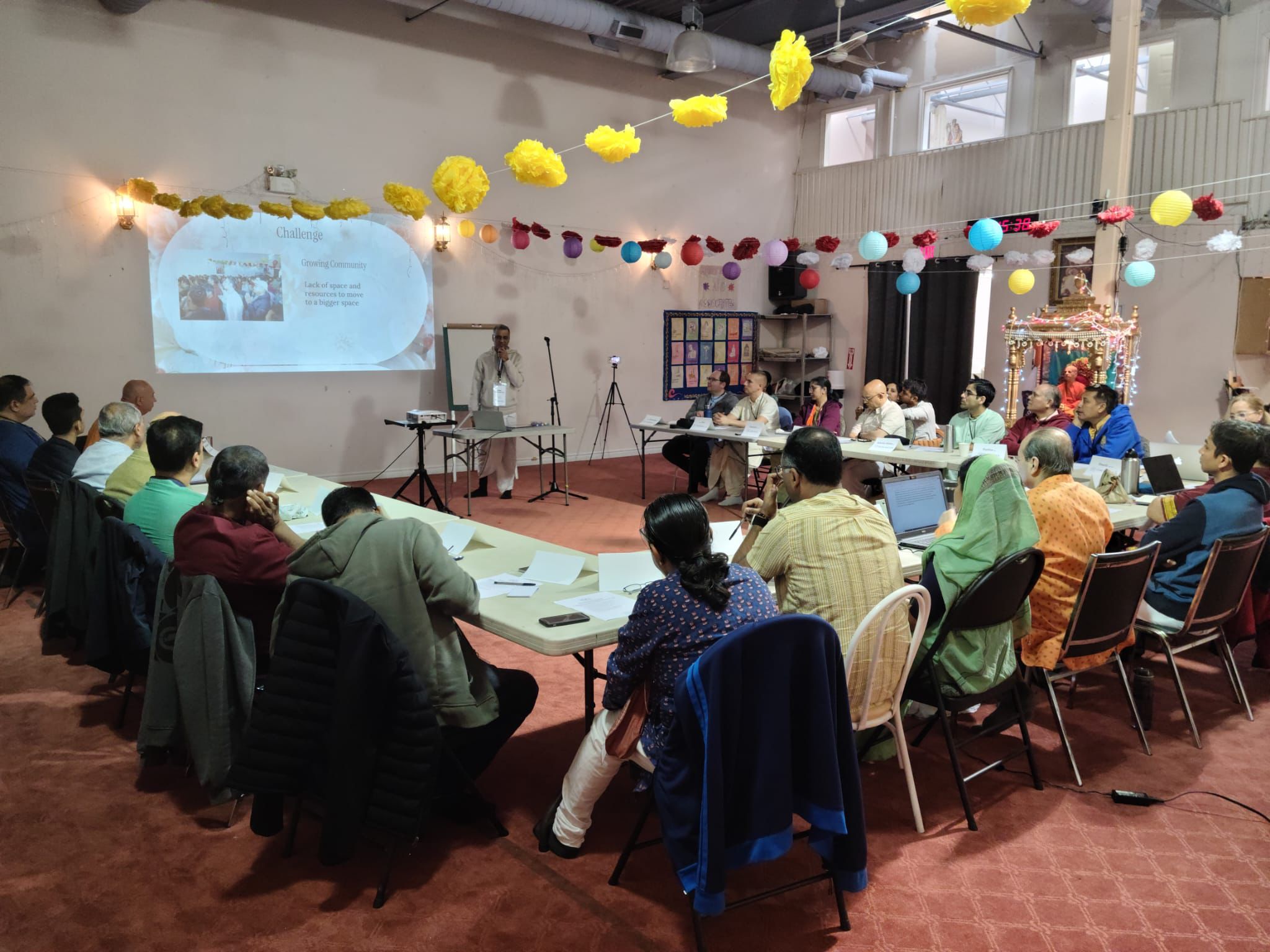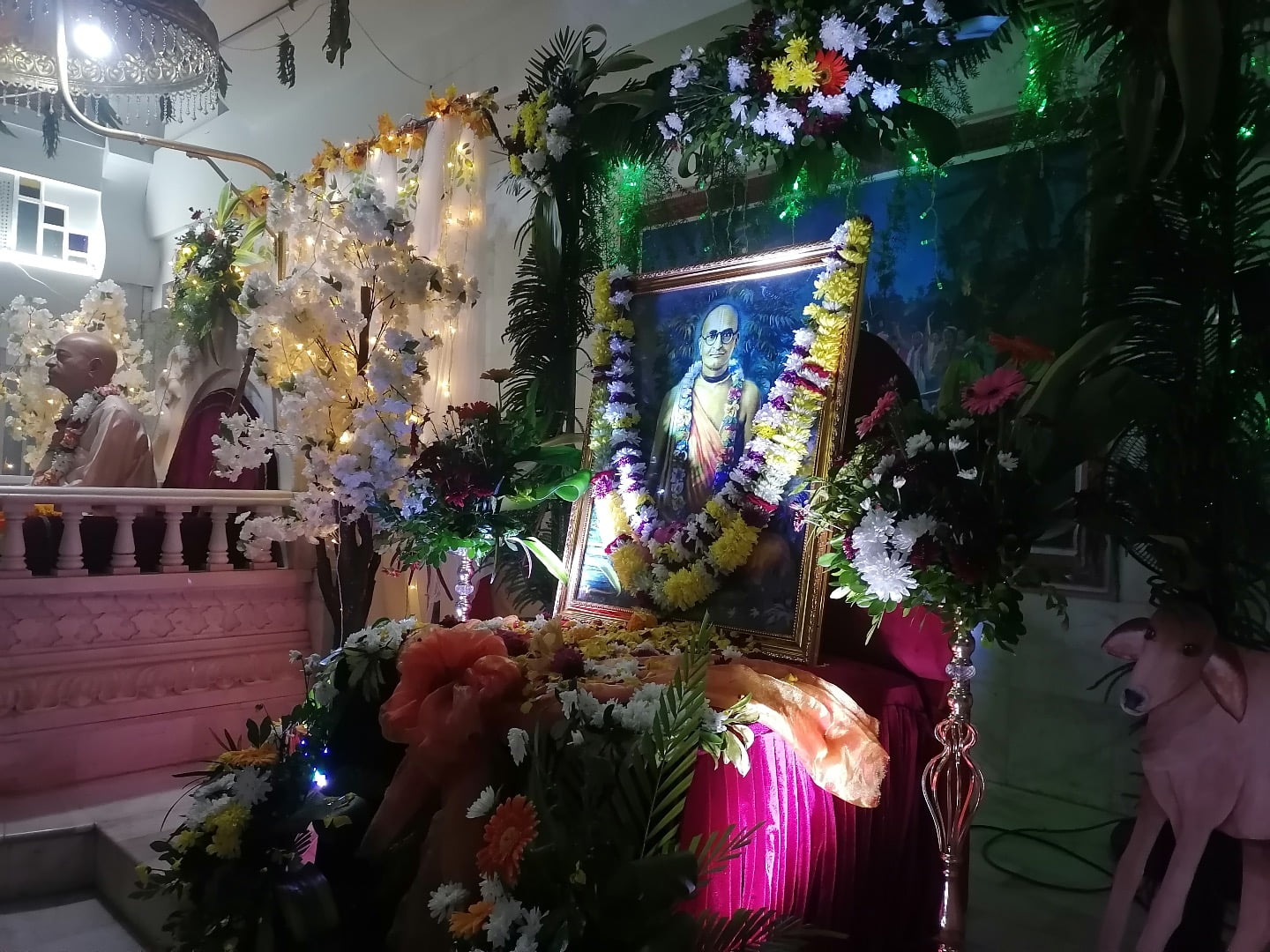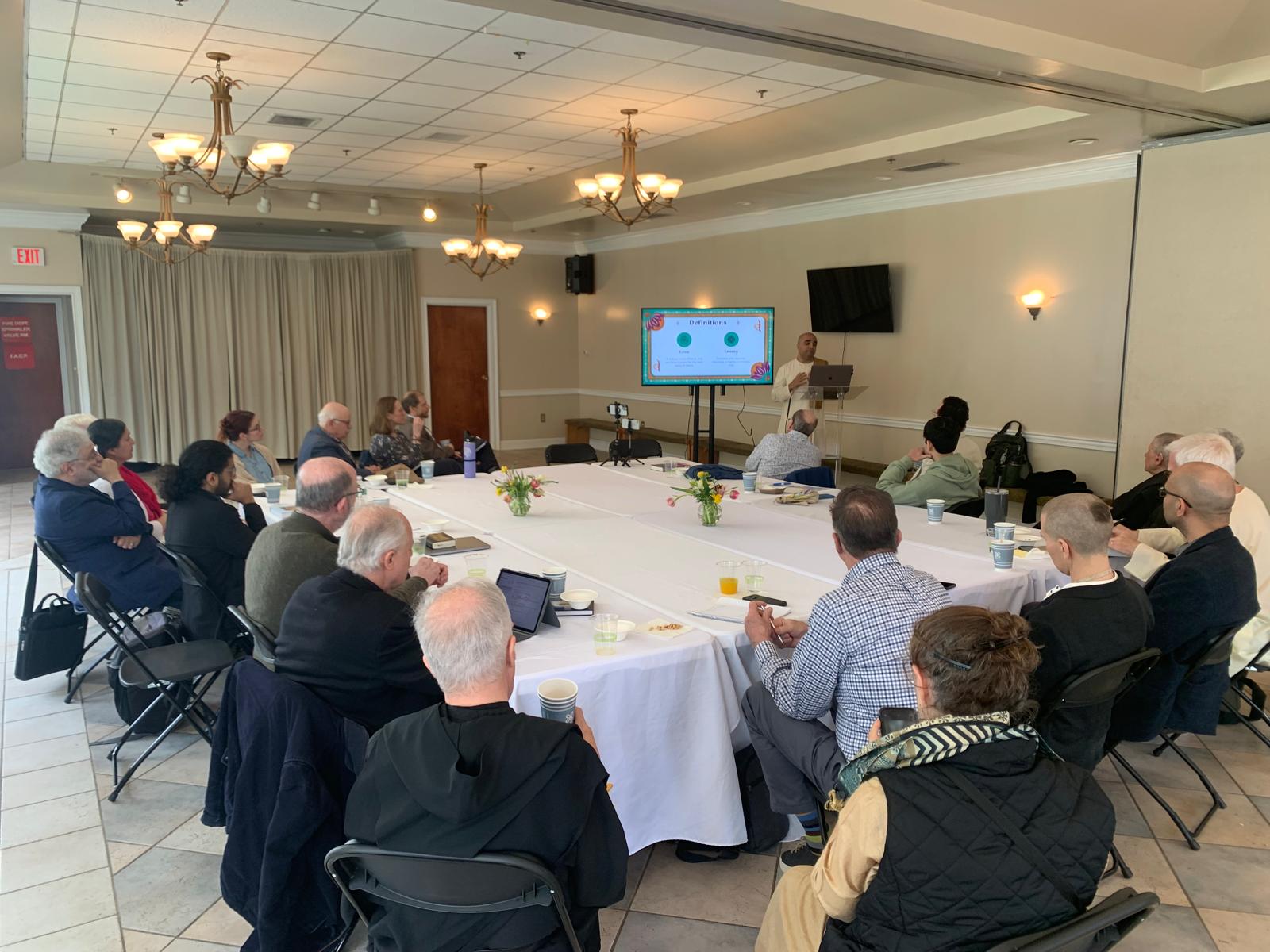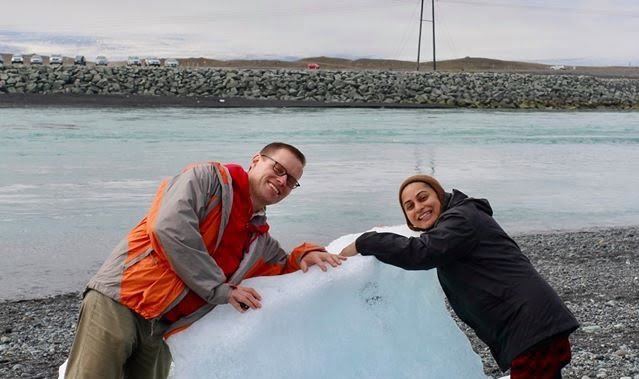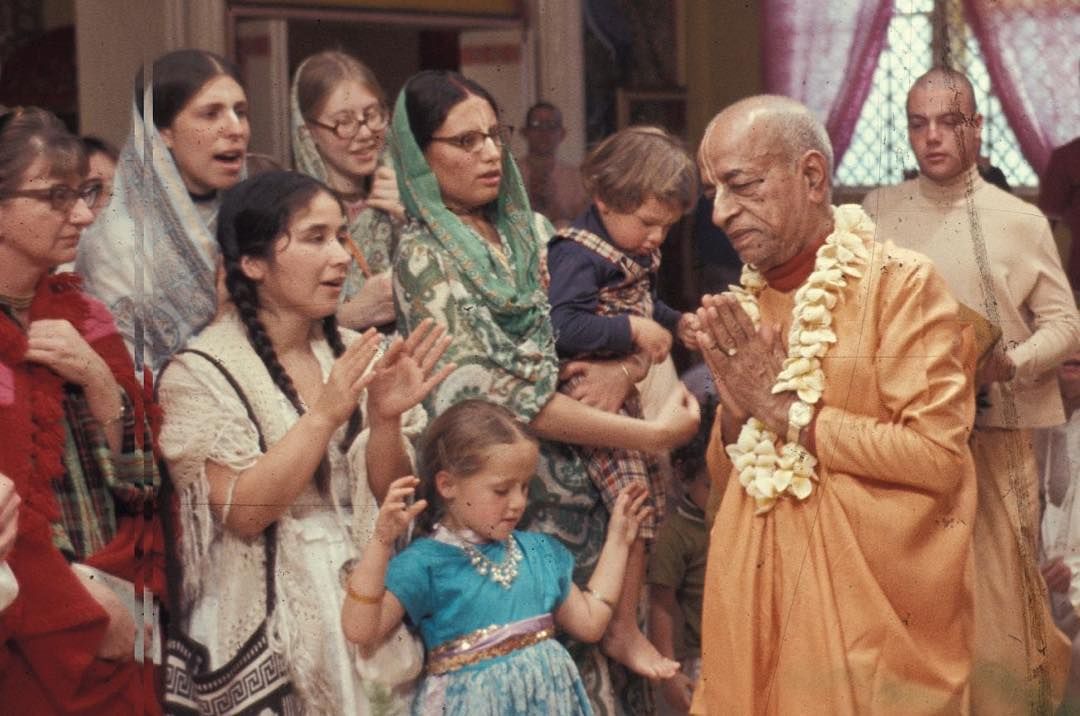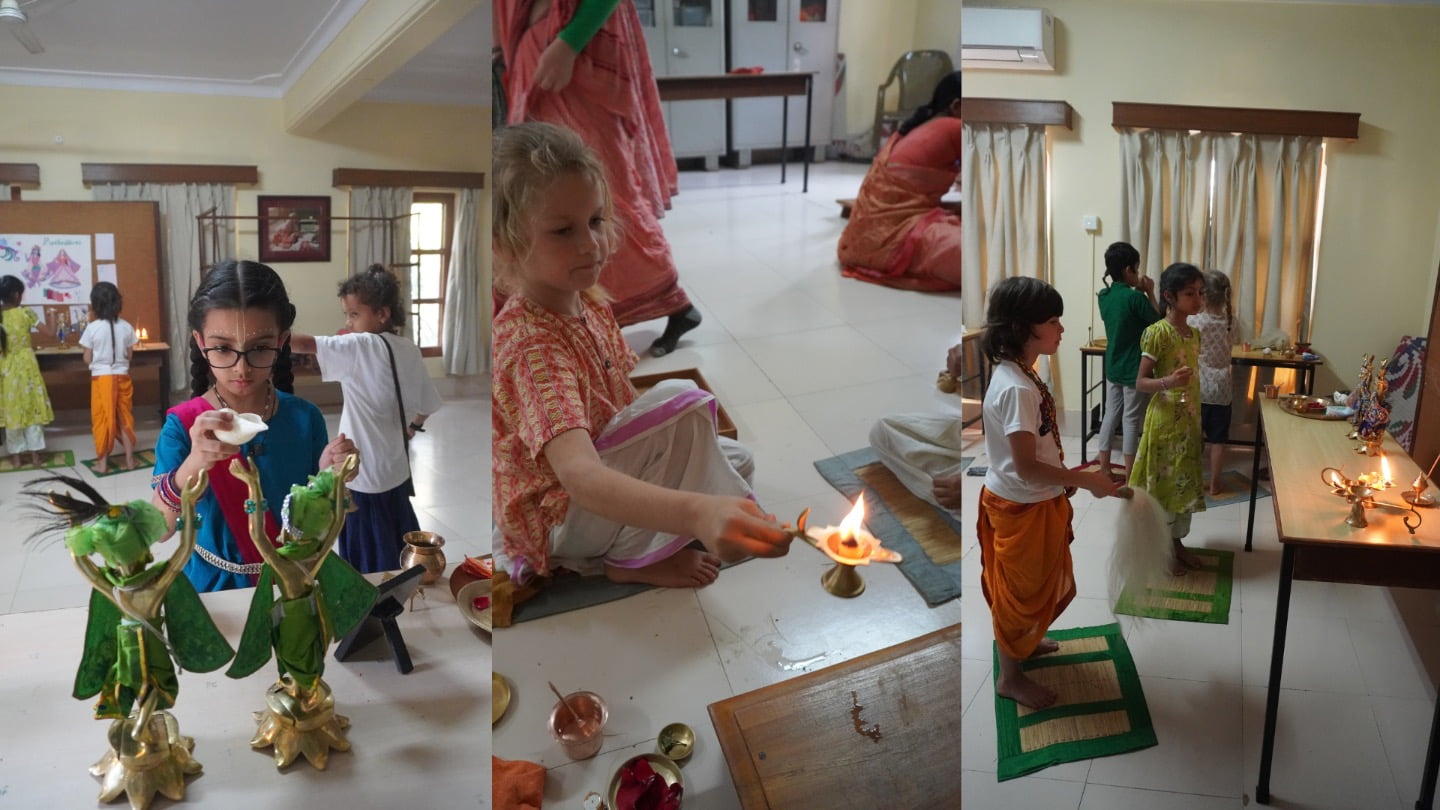ISKCON Leadership Sanga – Day 2
By Lalitamrita Dasi | Feb 09, 2018
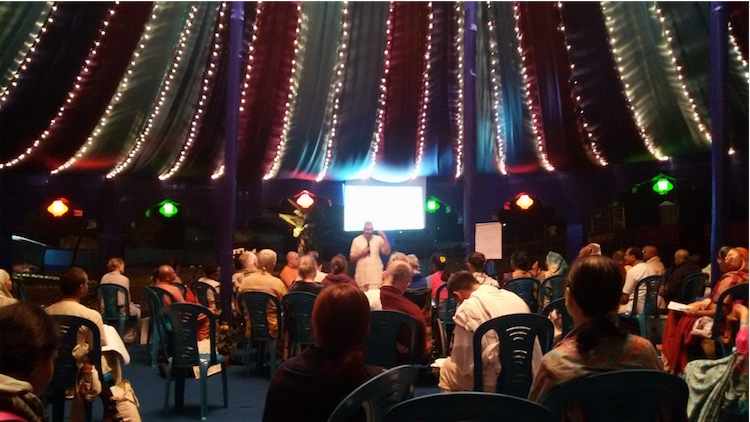
According to Laxmimoni Dasi, who is in charge of registering the guests at the ISKCON Leadership Sanga (ILS), there are 950 devotees attending the event, coming from all around the world, including Brazil, Nepal, Bangladesh, Australia, South Africa, South America, USA, Canada, Europe, Russia, India and a delegation of 75 people from China.
During the Day 2 plenary sessions interesting concepts were presented by Kaunteya Das and Gopal Bhatta Das addressing a series of questions about culture and values in the ISKCON society. They started off with a quote from Edgar Schein: „ The only thing of real imortance that leaders do is to create and manage culture. Either you manage culture, or culture manages you.“ Then they provided a good definition of ‘culture’: „Whatever you do and whatever you don’t do creates culture“, which is making the same point as the verse 3.21 from Bhagavad-gita:
Whatever action a great man performs, common men follow. And whatever standards he sets by exemplary acts, all the world pursues.“
As they pointed out, in managing culture it is important to be aware of our assumptions as they are shaping our behaviour, and also our behaviour shapes our assumptions as in a two-way street.
Then another catchy mental equasion was made:
What we see determines what we do
What we do determines what we get
What we get determines what we see
To underline the above, the presenters compared the cultural system to an iceberg where only a small portion of ice is visible on the surface, where the bigger part of the ice is actually bellow the water, hidden from sight. The invisible, hidden, but also bigger part of iceberg represents similarly the hidden, bigger aspects of fundamental culture, which include mental models, system structure and pattern behaviour, which then lead to visible cultural activities in the form of events and artifacts.
An organisational culture also has some additional aspects, they continued, because it is a place of refuge from material world, which most devotees found to be a harsh, uncaring and unloving place. In organising the society Srila Prabhupada was keen on getting performance reports from all of his leaders, who were trained to be accountable. There were certain goals to be achieved and the results were measurable. Without goals the efforts are not taken seriously.
In conclusion, the presenters stated that «every new generation must innovate, but based on the same principles the society was build on. «



